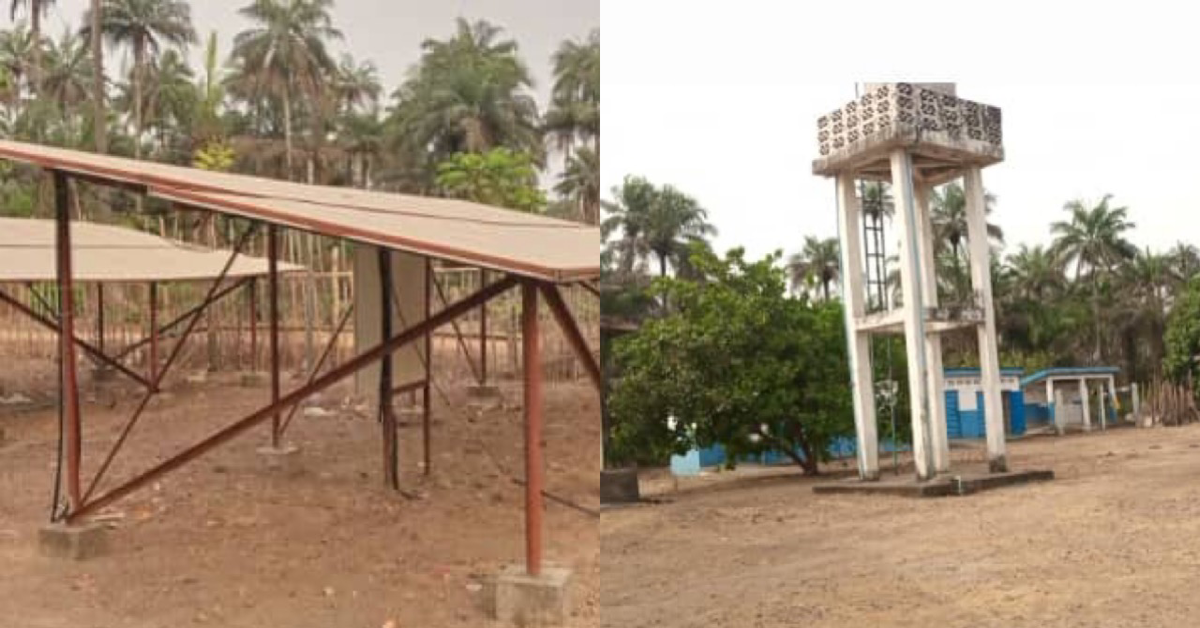Residents of Kambia District are voicing concerns over the sustainability of donor-funded water projects implemented in several health centers, including the Red Cross CHP-Zambia, Gbalamuya Community Health Post, and Fodaya MCHP. The solar-powered water facilities, touted as a solution to water scarcity in these health centers, are facing challenges that threaten their long-term viability.
One of the primary issues cited is the lack of maintenance. Despite the initial installation of solar-powered water facilities, the absence of regular maintenance has led to their rapid deterioration. Within just three to four months of installation, these facilities have ceased to function optimally, resulting in decreased efficiency and untimely failures. The insufficient allocation of resources for maintenance has exacerbated the situation, leaving health centers grappling with inadequate water supply for patient care and essential activities.
Financial constraints also pose a significant barrier to sustainability. While the initial investment for installing solar water facilities can be substantial, ongoing operational costs may not have been adequately budgeted for. This financial strain has put pressure on health centers, potentially jeopardizing the continuation of the projects.
Furthermore, inadequate technical expertise and support for maintenance and operation further undermine the sustainability of these projects. Without proper training and guidance, health center staff struggle to address technical issues, leading to prolonged downtime and increased inefficiencies.
The projects, under the banner of the “Government of Sierra Leone WASH Program in Health Facility,” bear the project name “Water Supply in Healthcare Facilities and Host Communities.” They are funded by the Foreign and Commonwealth Development Office (FCDO) in collaboration with UNICEF. The beneficiaries of these communities urgently require access to safe drinking water, making the sustainability of these projects a top priority.
In response to the outcry from affected communities, the Kambia District Council, UNICEF, donors, and implementing partners are being urged to intervene. The goal is to ensure that these water projects become sustainable, fulfilling the needs of the communities they serve. Implementing partners, including Changes Consortium and World Hope International, are called upon to provide the necessary technical expertise and support to address maintenance challenges and safeguard the long-term success of the projects.
As citizens continue to advocate for sustainable solutions to their water needs, stakeholders must work together to overcome the obstacles hindering the effectiveness of donor-funded water projects in Kambia District. Only through collaborative efforts and strategic interventions can the promise of safe and reliable water access be fulfilled for these communities.

 Post a comment
Post a comment









Comment(s)
Disclaimer: Comments expressed here do not reflect the opinions of Sierraloaded or any employee thereof.
Be the first to comment